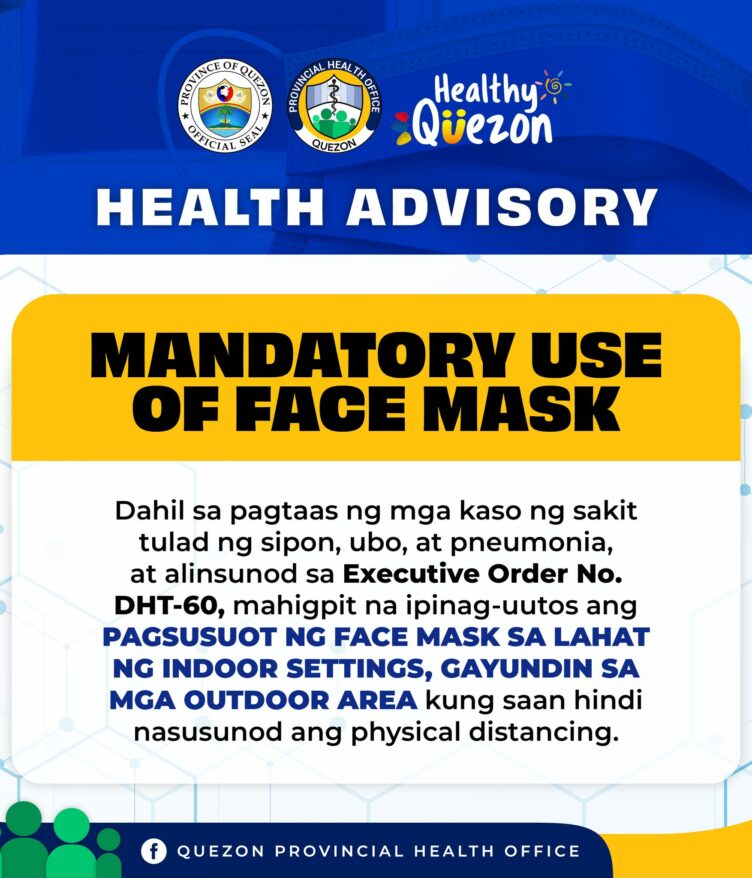EVERY August, the National Breastfeeding Awareness Month sheds light on new mothers and infants, raising both knowledge and the benefits that one can obtain from breastfeeding.
The National Breastfeeding Awareness Month, also known as “Senate Bill No. 2026,” was first issued by the Department of Health (DOH) in 2005. This bill seeks to reestablish the culture of breastfeeding and establish public awareness about its impact on the health of both mother and infants.
This awareness month also serves as the time when the public is educated that such an act shouldn’t be considered an obscene act.
One of the initiatives that DOH implemented is the REPUBLIC ACT No. 10028 also known as the “Expanded Breastfeeding Promotion Act. This law mandates the establishment of lactation stations in all workspaces and public buildings.
As part of this act, stations are required to be equipped with necessary facilities like a lavatory, refrigeration for breastmilk, electrical outlets for breast pumps, and comfortable spaces.
Extended to this act is also the mother-baby facilities in hospitals and other healthcare settings which adheres the ‘Ten Steps to Successful Breastfeeding,’
DOH also encourages workplaces to adopt breastfeeding-friendly policies. These include allowing mothers for lactation breaks and providing them with private spaces to breastfeed.
The United Nations also notes breastfeeding to be crucial for at least the first six months of life, excluding foods or liquids, even water. Even if babies began to slowly adapt to solid food at 6 months, breastfeeding is still highly encouraged, as it remains to have a major source of energy and nutrients.
WHO further stated that breast milk can provide half or more of a child’s energy needs until 12 months old, up to one-third between 12 and 24 months.
Meanwhile, for the mother, it reduces the risk of postpartum hemorrhage, breast cancer, ovarian cancer, and type 2 diabetes.
As the infant reaches the age of childhood and adolescence, those who are breastfed are said to do better on intelligence tests and school attendance. They also tend to have better behavior and are less likely to be overweight, obese, or prone to diabetes later in life.
Despite the health benefits that you can get from breast milk, formula milks aren’t considered as bad as that; it is considered a healthy way to feed babies when breastfeeding is not possible.
Formula milks are often considered to be convenient, especially for working moms who can’t breastfeed their baby all the time.
However, despite its convenience, breast milk still and will always remain superior.
How useful was this post?
Click on a star to rate it!
Average rating 0 / 5. Vote count: 0
No votes so far! Be the first to rate this post.
We are sorry that this post was not useful for you!
Let us improve this post!
Tell us how we can improve this post?









